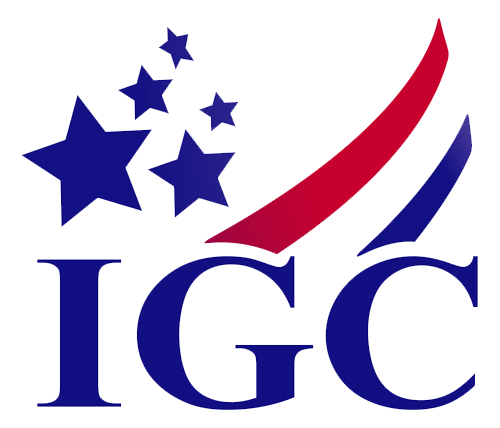POTOMAC, Md.–(NYSE American: IGC), India Globalization Capital, Inc. (“IGC”, or the “Company”), today announces the completion of its Phase 1 clinical trial on IGC’s cannabis-based investigational new drug, IGC-AD1, for patients suffering from Alzheimer’s disease. As previously disclosed, IGC submitted IGC-AD1 to the U.S. Food and Drug Administration (“FDA”) under Section 505(i) of the Federal Food, Drug, and Cosmetic Act. IGC received approval to proceed with the Phase 1 trial from the FDA on July 30, 2020.
The primary end point of this Phase 1 trial was safety and tolerability. Based on this study, and subject to FDA concurrence, generally, the cannabis-based investigational drug IGC-AD1 was safe and well-tolerated by the Alzheimer’s trial participants. The safety and tolerability data has been filed with the FDA in IGC’s Annual Report.
The trial was conducted on 12 participants suffering from Alzheimer’s disease. The participants represent a frail geriatric population with multiple comorbidities and mild to moderate Alzheimer’s disease. Each participant had a caregiver that helped manage the daily reporting. For this Phase 1 trial, the average age of participants was 80.9 years, with an average weight of 141.2 pounds with 66.7% being women and 33.3% being men.
The trial’s secondary end points, including pharmacokinetics, genotyping, neuropsychiatric inventory, and measurement of suicide severity have also been completed. We expect to report this data as it becomes available and after submission to the FDA. At this stage, there can be no assurance as to the results that this secondary data will show or that it will meet any of our expectations.
To IGC’s knowledge, this is the first human clinical trial using low doses of natural Tetrahydrocannabinol (“THC”) in combination with another molecule, on Alzheimer’s patients. THC is a psychoactive member of the cannabinoid class of natural products produced by the Cannabis sativa plant. IGC hopes that, with future successful results from appropriate further trials subject to FDA approval, IGC-AD1 could contribute to relief for some of the 50 million people around the world expected to be impacted by Alzheimer’s disease by 2030 (WHO, 2020).


